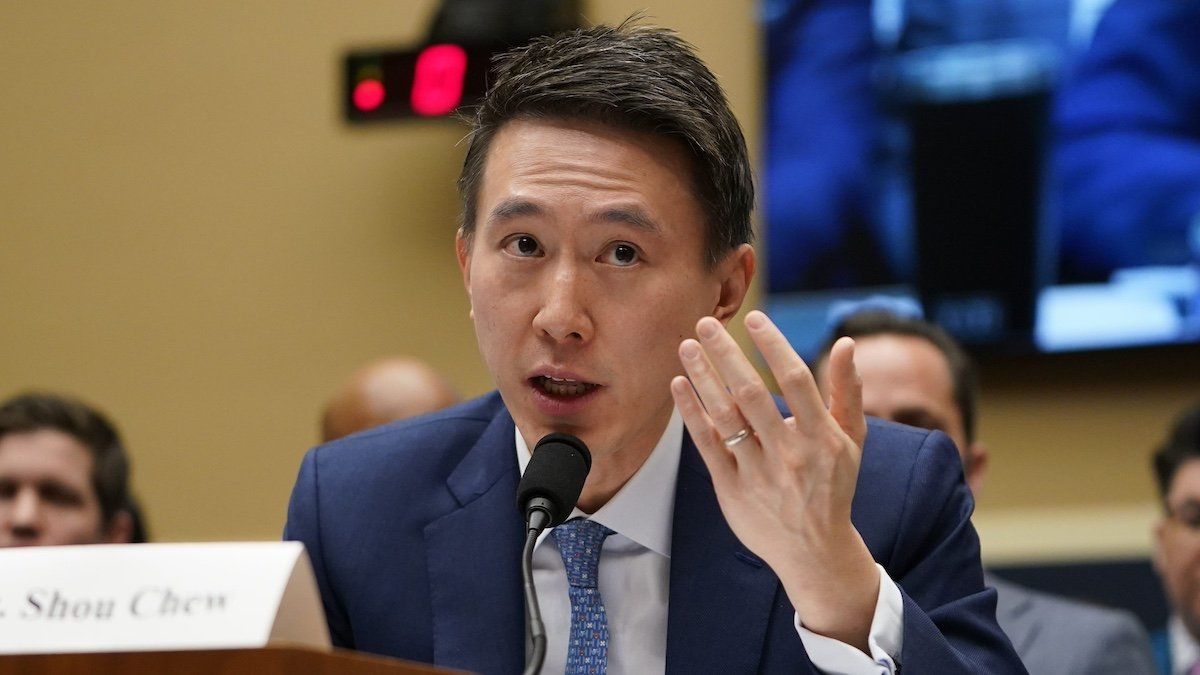Barring an eleventh-hour reprieve, TikTok’s operations in the US are likely to be shut down on Sunday. China is said to be considering a sale of its stateside outfit to X owner Elon Musk as the incoming administration seeks a pause on the ban so it can pursue a deal to keep it running. While both of those options look unlikely, at least in the short term, President-elect Donald Trump is considering an executive order that would delay enforcement of the ban for 60 to 90 days.
The Supreme Court hasn’t ruled on a challenge to the ban yet, nor is it required to by the Sunday deadline. The law, passed in April, only requires that US app stores no longer carry or permit updates of TikTok, and that internet service providers block access to the TikTok website. That would leave existing users with access to the platform, though it would degrade over time. But ByteDance, the social media platform’s owner, announced Wednesday that it is preparing to fully shut down the app in the US when the ban comes into effect.
Meanwhile, in a case of unintended consequences, TikTok users have been
signing up en masse for China’s TikTok equivalent, RedNote — or
Xiaohongshu, which translates to “little red book.” The shift is
connecting US and Chinese social media users, which means that one of the aims of the TikTok ban,
keeping US social media users away from China, may come up short of its goal. But it’s also exposing Chinese users to thousands of Western voices – something Beijing
may not appreciate either.
